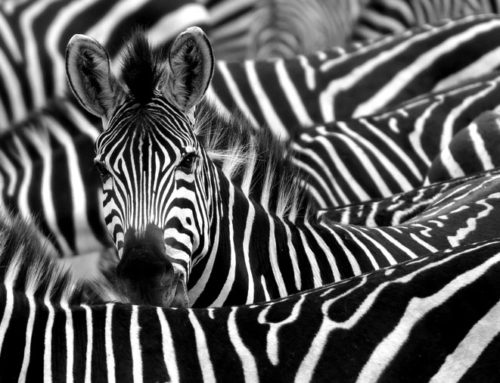Emergence: The Creative Process
Short video and text film illustrating the idea of emergence. Emergence is a term used in philosophy, art, and science to describe how new properties and features are created as we put things together. The origins of the word mean “becoming visible after being concealed” or “bringing to light”. In its most general sense it describes the universal process of creation, as can be seen in all types of systems. Emergence involves the creation of something new that could not be expected from a description of the parts prior to its creation. In the process of emergence component parts interact and form synergies. Synergies are relations of interdependence between parts where they work together to create a combined outcome. Synergistic relations add value to the combined organization above that of the individual parts, this “added value” gives rise to the emergence of a new macro-level of organization, binding individual components into patterns of interdependence within a whole. Emergence is a product of the synergistic relations between the parts and thus can not be seen in the properties of the parts themselves. Emergent properties can only be seen as a global structure or integrated network. In such a way emergence creates a system with two or more distinct and irreducible patterns of organization. Because these new levels are dependent upon the integrity of the synergies between the parts they are called integrative levels. New rules and processes emerge on the different levels that require new categories and vocabulary to describe. We use psychology to study the individual and sociology to study whole social systems. Phenomena, like social movements, only emerge out of the synchronized activities of many individuals and can not be seen in an individual. Emergence gives rise to a complex dynamic between the different levels. This interaction can be seen within biological organisms as the individual cells, tissues and organs create the whole organism but then the organism, as a whole, feeds back to regulate the parts. The question that remains though is whether we form different descriptions on each level out of lack of information and knowledge or do we do it because on a fundamental level it is not possible to fully derive an account of the macro-level from the micro-level? The answer to such a question has profound implications for how we conduct science and it an ongoing debate.





